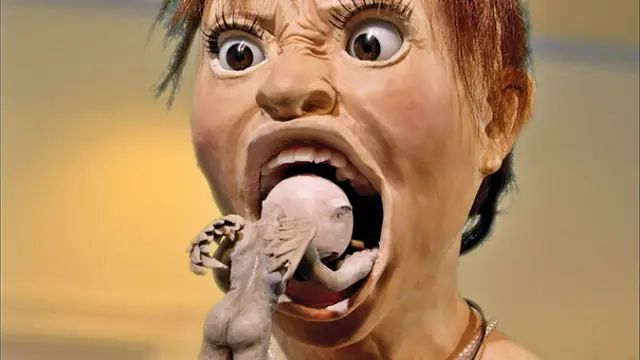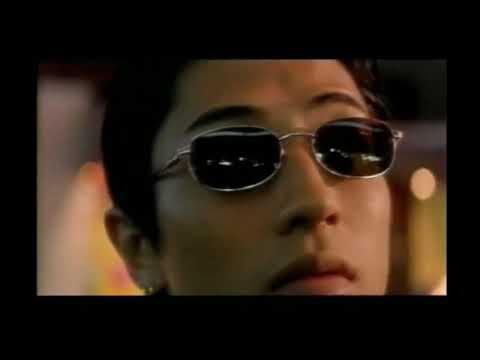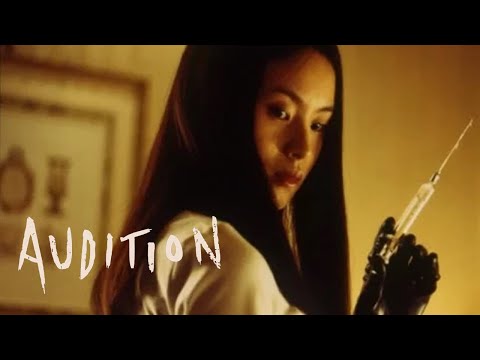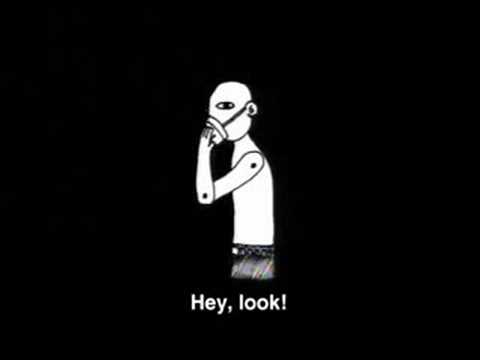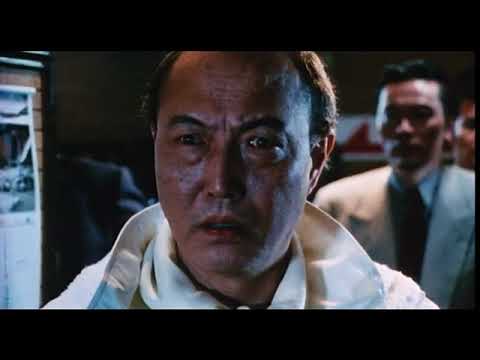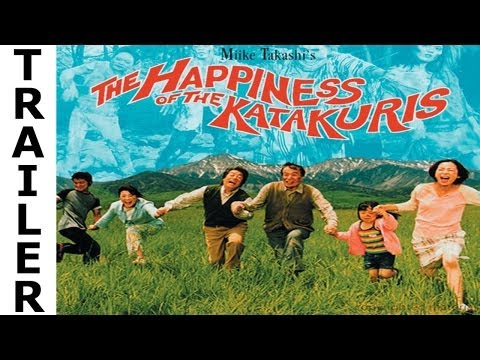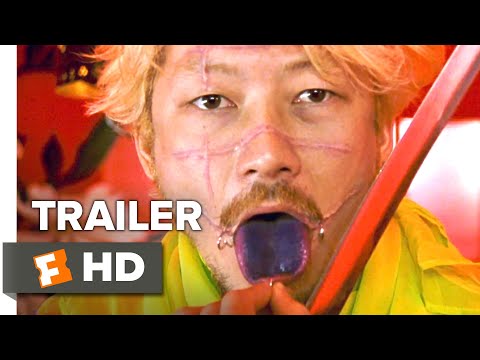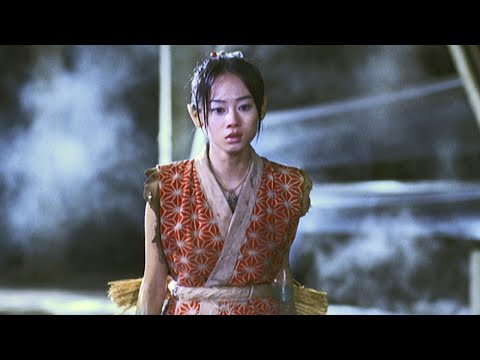Takashi Miike is a name that resonates with anyone familiar with Japanese cinema. Known for his relentless work ethic and genre-defying films, Miike has directed over 100 films since his debut in 1991. From gritty Yakuza dramas to surreal horror and even children’s fantasies, Miike’s filmography is as diverse as it is prolific. His ability to switch genres effortlessly, coupled with his bold storytelling, has made him a cult figure in the world of cinema.
Who is Takashi Miike?
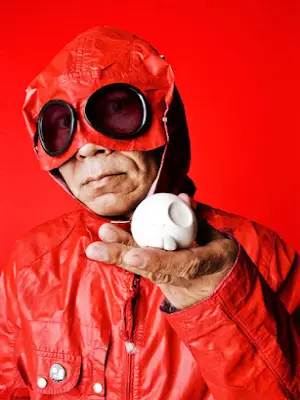
Takashi Miike is a Japanese filmmaker who began his career with straight-to-video productions. Since then, he has become one of the most prolific directors in the industry, averaging multiple films per year. His work spans a wide range of genres, including crime, horror, comedy, and fantasy. Miike’s films are known for their extreme violence, dark humor, and willingness to explore taboo subjects. Despite their often shocking content, his films are deeply philosophical, often delving into the complexities of human nature.
What Makes a Miike Film Unique?
Miike’s films are instantly recognizable, even though they span a variety of genres. Here are some key elements that define his work:
- Extreme Violence and Gore: Miike’s films often feature graphic violence, but it’s presented in a way that feels almost cartoonish. Think blood spraying like a fountain, reminiscent of violent manga. Films like Ichi the Killer (2001) and Audition (2000) are prime examples of this style.
- Philosophical Depth: Beneath the surface of gore and shock, Miike’s films often explore profound themes. For instance, Box (2004), his segment in the anthology Three Extremes, is not just a horror story but also a meditation on incest and guilt.
- Love for Yakuza Films: Like Martin Scorsese with gangster films, Miike has a soft spot for Yakuza stories. Many of his films, such as Fudoh: The New Generation (1996) and Dead or Alive (1999), revolve around the Japanese underworld.
- Taboo Subjects: Miike isn’t afraid to tackle controversial topics, from sexuality to family dysfunction. Films like Visitor Q (2001) and Gozu (2003) push boundaries, offering a raw and unfiltered look at human behavior.
- Genre-Blending: Miike’s films often defy categorization. The Happiness of the Katakuris (2001), for example, is a musical-comedy-horror film with stop-motion animation. This unpredictability keeps audiences on their toes.
Spotlight on Miike’s Iconic Films
Here’s a closer look at some of Miike’s most notable works:
1. Fudoh: The New Generation (1996)
This early Miike film is a Yakuza revenge story with a twist. Riki Fudoh, a high school student, builds an army of teenage assassins to take down his father’s criminal empire. The film is packed with over-the-top violence, including a character who shoots darts from her vagina. It’s a wild ride that showcases Miike’s flair for shock value.
2. Audition (2000)
Audition is the film that put Miike on the international map. It starts as a romantic drama but takes a dark turn into psychological horror. The story follows a widower who holds a fake audition to find a new wife. What begins as a love story ends in torture and madness, culminating in one of the most infamous scenes in horror cinema.
3. Visitor Q (2001)
This dark comedy explores the dysfunction of a Japanese family. A mysterious stranger, Visitor Q, enters their lives and observes their bizarre behavior, which includes incest, drug addiction, and violence. The film is a critique of modern family dynamics, presented in Miike’s signature shocking style.
4. Gozu (2003)
Gozu is one of Miike’s weirdest films, blending Yakuza crime with surreal horror. The story follows a gangster tasked with killing his unstable colleague. However, things take a Lynchian turn when the colleague’s body disappears, and the protagonist finds himself in a nightmarish town. The film is a must-watch for fans of bizarre cinema.
5. The Happiness of the Katakuris (2001)
This film is a genre-defying masterpiece. It’s a musical-comedy-horror about a family running a failing inn where guests keep dying. The film features zombie dance numbers, stop-motion animation, and a quirky sense of humor. It’s a testament to Miike’s creativity and willingness to experiment.
6. Ichi the Killer (2001)
Ichi the Killer is one of Miike’s most violent and controversial films. It follows a sadomasochistic Yakuza enforcer and a mentally unstable assassin. The film is filled with graphic violence and disturbing imagery, but it’s also a commentary on power and control.
7. The Great Yokai War (2005)
Miike’s foray into children’s cinema, The Great Yokai War, is a fantasy adventure about a boy chosen to protect the world from evil spirits. The film is filled with colorful monsters and imaginative visuals, proving Miike’s versatility as a director.
Miike’s Influence and Legacy
Takashi Miike’s impact on cinema is undeniable. He has inspired countless filmmakers with his bold storytelling and willingness to take risks. His films challenge audiences, pushing them to confront uncomfortable truths about society and human nature. While his work may not be for everyone, there’s no denying his talent and vision.
Conclusion
Takashi Miike is a true maverick of cinema. His ability to blend genres, tackle taboo subjects, and deliver unforgettable visuals has cemented his place as one of the most unique directors of our time. Whether you’re a fan of horror, crime, or fantasy, there’s a Miike film for you. So, if you’re ready to dive into the wild and unpredictable world of Takashi Miike, start with Audition or Ichi the Killer—but be prepared for a cinematic experience like no other.
What’s your favorite Takashi Miike film? Share your thoughts in the comments below!

